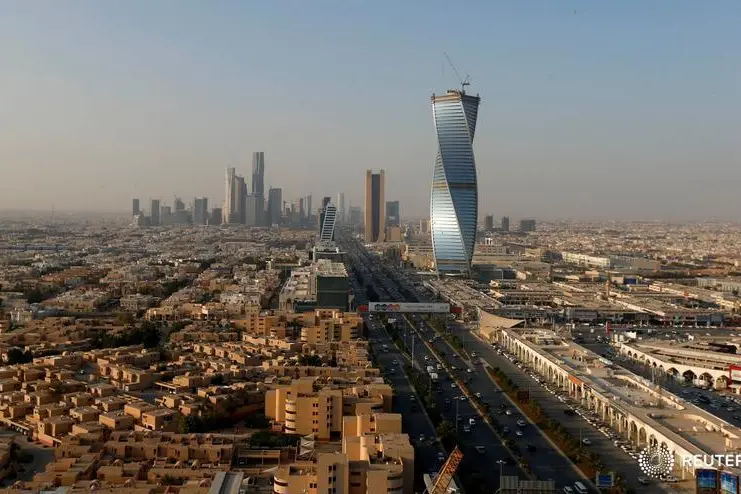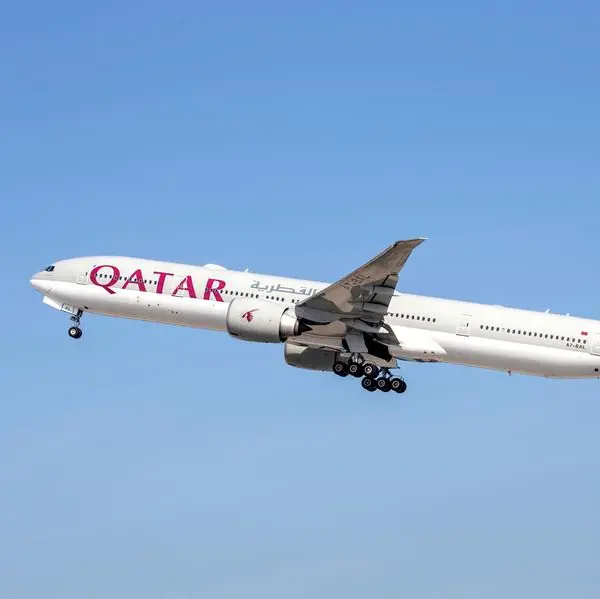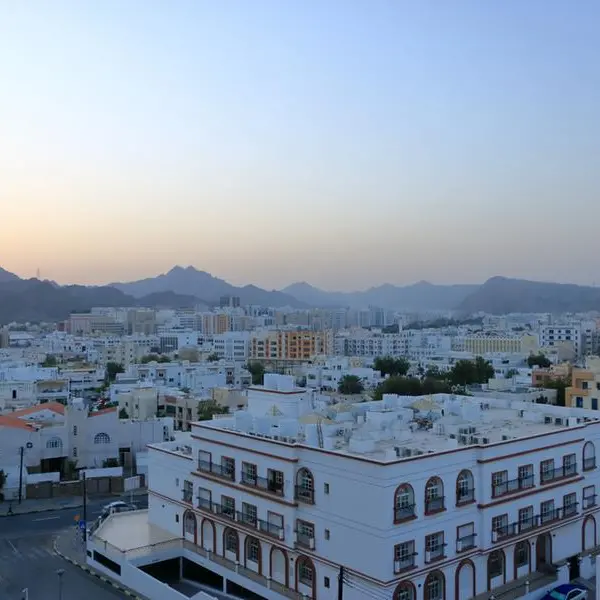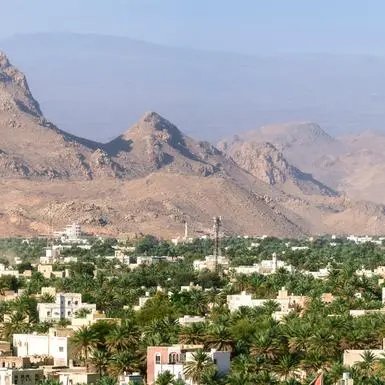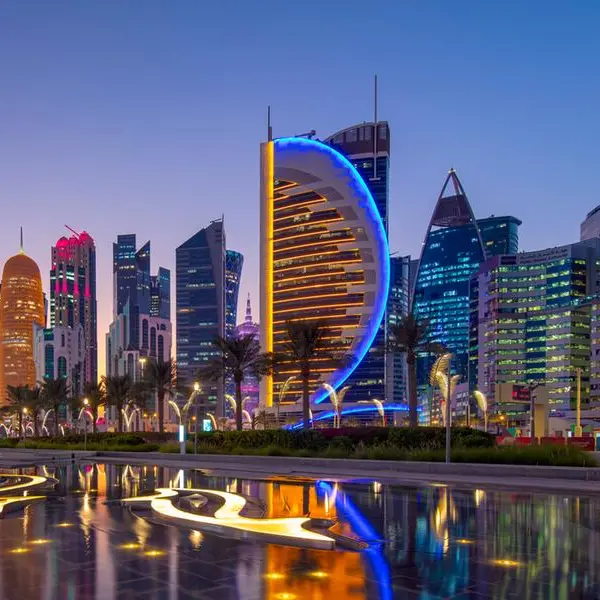PHOTO
DUBAI: Saudi Arabia's economic growth more than halved on a quarterly basis to 1.66% in the first quarter of this year, in line with expectations of only a modest pick up as oil production cuts weigh on the world's top crude exporter.
The Saudi oil sector grew 1% in the first quarter, government data showed on Sunday. This was almost twice the rate reached in the same period a year ago but a massive slowdown from the previous quarter, when the oil sector grew by almost 6% year-on-year.
The Organization of the Petroleum Exporting Countries (OPEC) and its Russia-led allies agreed in December to slash oil production by more than the market had expected.
On Sunday, Saudi Energy Minister Khalid al-Falih said the cuts would most likely be extended by nine months.
This is expected to weigh on oil sector growth this year, while non-oil sector growth is likely to pick up slightly, on the back of a boost in government spending.
"We estimate that the oil sector will contract on an annual basis in 2Q and for the subsequent quarters in 2019," Monica Malik, chief economist at Abu Dhabi Commercial Bank, said in a research note.
Non-oil sector growth in the first quarter was 2.13%, largely in line with the same period last year, but up from a 1.8% growth in last year's fourth quarter.
Non-oil activity picked up particularly in the private sector, which saw a growth of 2.3%.
But "the underlying drivers of non-oil activity remain relatively subdued, with the more favourable fiscal backdrop being a key factor supporting private sector activity in 1Q," Malik said.
The Saudi economy has suffered in recent years because of low oil prices and austerity measures aimed at reducing a huge budget deficit.
In 2017, the economy shrank for the first time since the global financial crisis almost a decade earlier, but last year it grew at a pace of 2.21%, buoyed by strong oil sector growth.
The IMF said last month real non-oil growth is expected to strengthen to 2.9% in 2019, boosting overall economic growth to 1.9%, higher than its earlier projection of 1.8%.
(Reporting by Davide Barbuscia; Editing by Raissa Kasolowsky and Catherine Evans) ((Davide.Barbuscia@thomsonreuters.com; +971522604297; Reuters Messaging: davide.barbuscia.reuters.com@reuters.net))
